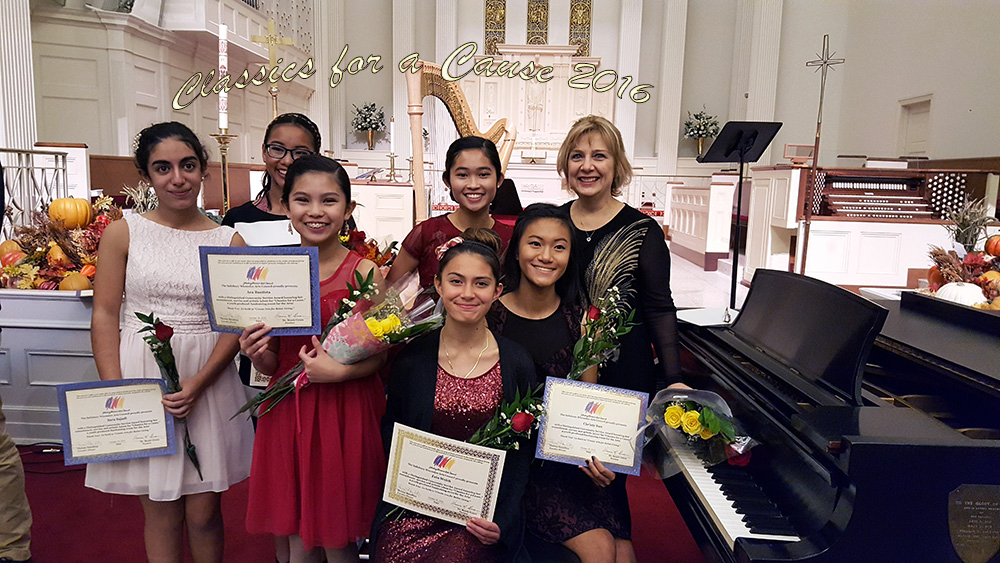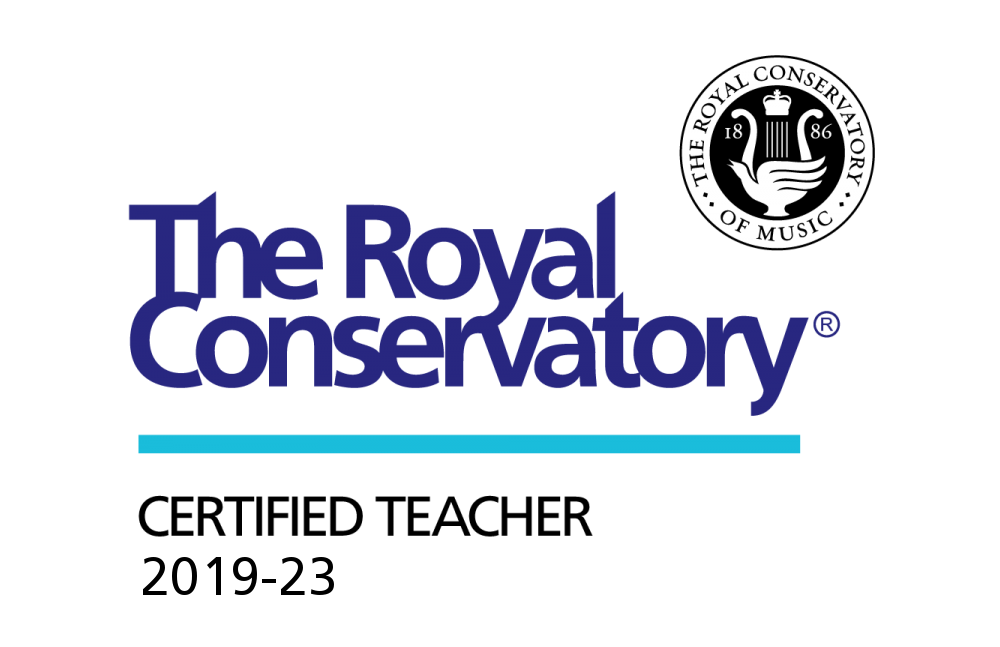LUBA PASKOVA PIANO STUDIO
Main Content
Frequently Asked Questions.
| 1. How do I know that my child has a talent ?
2. What is the best age to start playing piano? 3. Is a preschool child ready to take piano lessons? 4. What a specialty of working with preschool children? 6. Do I need to buy a piano right away? 7. When my child tries to sing the song - sounds awful. Does it mean he/she has no musical ear? 8. My child likes to play music but hates to study music theory or play scales. 9. Can adults at any age learn to play? 1. How do I know that my child has a talent? Educators and psychologist have long noted that most children have certain talents. If you noticed your child is a quick learner or good at mathematics then it is likely the child will do well with playing piano. Back to Top2. What is the best age to start playing piano? Normally, most students begin formal piano lessons around the age of seven or eight. However studying earlier is possible and even recommended should parents believe their child is going to make a profession out of it in the future. Back to Top3. Is a preschool child ready to take piano lessons? Not every preschool child will be ready to begin piano instruction. The maturity level of four- and five-year-olds varies greatly. Girls generally are better coordinated and exhibit better dexterity than boys at an earlier age. Before rushing headlong into piano lessons, parents should ask themselves a number of questions concerning their child's readiness level: Back to Top4. What a specialty of working with preschool children? Parents who are interested in starting a young child in piano instruction often are not aware that the preschool child will need supervised practice sessions. If the child cannot read, the directions will have to be read by someone else. Even simple tasks will have to be organized, for this may be the child's first experience in a structured learning situation, and guidance will be needed, especially in the beginning. Efficient practice can be achieved with the following guidelines. Back to Top5. I don't expect my child to become a professional piano player but I have heard that there is a benefit to him/her with brain development by learning to play. Is it true?Piano instruction is an excellent added dimension to a child's education. It is usually not the intent or purpose of those studying to become professional musicians. Rather, for the majority who study, music becomes a satisfying experience that gives direction to the basic needs of self-expression. Back to Top6. Do I need to buy a piano right away? If you have no piano or keyboard, it is better not to start piano lessons. The student has to practice on a regular basis. That, of cause, is impossible with out having an instrument at home. However, some parents have opportunity to take their children to another places for practicing such as relatives who have a piano. For the first few months it is a good solution. But in the future parents need to think about buying a piano. Back to Top7. When my child tries to sing the song - sounds awful. Does it mean he/she has no musical ear?A child who cannot sing on pitch probably has not done much singing. What the child hears may be uncoordinated with the voice. This condition will go on with systematic practicing of singing and does not effect in any way the playing piano. Back to Top8. My child likes to play music but hates to study music theory or play scales.Parents together with teacher should explain to the student that systematic studying of theory as well as practicing scales is necessary. An understanding of keys, intervals, chords, and harmonic structure is essential to the understanding of the music studied. In addition, students should receive ear training, improvisation, transposition, and harmonization as a basic part of the general theory program. Back to Top9. Can adults at any age learn to play? Yes, they certainly can learn. Back to Top |






